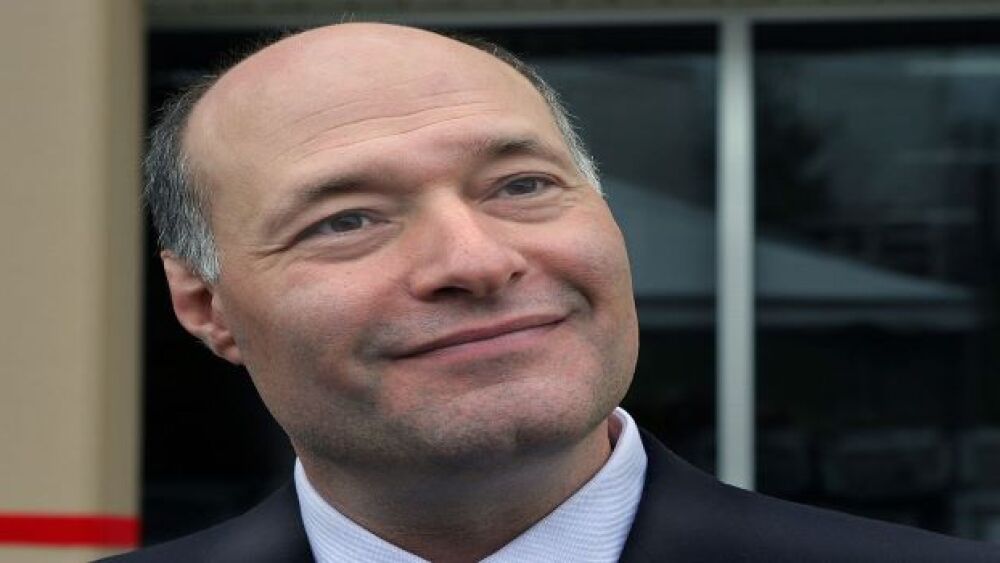Emergent BioSolutions Founder and former chief executive officer Fuad El-Hibri has died, the company reported.
Fuad El-Hibri/Courtesy of The Washington Post/Getty Images
Weeks after stepping down from his role as executive chairman of Emergent BioSolutions, company founder and former chief executive officer Fuad El-Hibri has died.
In a brief statement issued by Maryland-based Emergent, El-Hibri died at home last week died at his home, surrounded by family. No cause of death was provided by the company, however, The New York Times reported that the cause of death was related to pancreatic cancer. El-Hibri was 64.
El-Hibri stepped down from his role as executive chairman on April 1. He initially announced his decision at the beginning of the year.
“Creating and leading Emergent has been the honor of my life, and it would not have been possible without the help of our incredible team,” El-Hibri said in a statement when he announced his retirement. “I want to thank everyone at Emergent, past and present, for helping advance our inspiring mission over the past two decades. I could never have imagined the number of lives we would impact, and I will forever be proud of our accomplishments. Emergent is on track to achieving its 2024 strategic plan goals and I have utmost confidence in the executive team under the leadership of Bob Kramer and the oversight of our highly experienced and capable board. While I have been looking forward to retirement after 23 years of service, I will be rooting from the sidelines as a fan, friend, and shareholder.”
El-Hibri founded Emergent in 1998. At the time, the company was known as BioPort and had one product, BioThrax, an anthrax vaccine. BioPort became Emergent BioSolutions in 2004 and went public in 2006. Under his guidance, Emergent’s portfolio expanded to include several products aimed at mitigating significant public health threats, including medical countermeasures for anthrax, smallpox, botulism, and chemical warfare agents.
Emergent also played a significant role in battling the opioid crisis through the supply of Narcan to public health agencies. The company steadily grew in the ensuing years but became the subject of controversy last year. It took a significant public beating following a production mishap that ruined millions of doses of Johnson & Johnson’s COVID-19 vaccine. That mishap ultimately caused Emergent to company lose a lucrative contract with the U.S. government. In response, the company shook up its leadership team to ensure that such issues do not occur again.
Despite that battering, Gaithersburg, Maryland-based Emergent entered 2022 with some energy, particularly surrounding AV7909, the company’s next-generation anthrax vaccine candidate. Emergent has also played a key role in supporting product requirements for the U.S. National Stockpile and supporting clinical needs for U.S. health agencies.
The company closed out 2020 with approximately $1.6 billion in revenue and a headcount of more than 2,600 people.
Born in Germany in 1958, El-Hibri spent his formative years in that country, as well as in Lebanon. He received an economics degree from Stanford University in 1980 and earned a master’s degree in public and private management from the Yale School of Management in 1982, the Times reported.
In the early days of his career, El-Hibri worked for Citicorp in Saudi Arabia and later worked in the Indonesia office of the consulting firm Booz Allen Hamilton. After that, he worked in the telecom industry. It was in the 1990s that he turned to the biopharma industry after advising the Saudi Arabia government on the acquisition of anthrax vaccines. That experience sparked the idea that led to the formation of Emergent, the Times noted.





